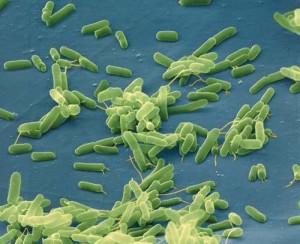Throughout the world, we will see proliferating technologies that will eventually assist in a greater understanding of the mechanisms that regulate the incredible interactions between nutrition and immunity. The short-sighted conventional medical approach of inserting microorganisms into the body will be replaced by our understanding of new aspects in the complex relationships between bacteria and inflammatory processes which ultimately cause disease more than any single factor within the human body.
Conventional medicine has learned one thing very well in the last 200 years. That is to use chemicals to depress our immune system; including foreign DNA/RNA from animal tissues to depress immunity. The medical thought is that we trade a small immune depression for an immunity to one disease. Essentially, we are trading a total immune system depression (our only defense against all known disease – including millions of pathogens) for a temporary immunity against one disease. We are trading mumps and measles for cancer and other deadly diseases.
The relationship between nutrition and immunity is changing, and it’s changing fast. Professor Philip Calder from the University of Southampton, UK, said that new ‘-omics’ technologies that can mine information from large sets of data, in combination with recent advances in cellular and molecular biology has resulted in huge steps forward in the understanding of how nutrition and diet can play a role in supporting immunity — and this is just the beginning.
Calder believes such advances are resulting in a shift from ‘classical’ ideas of immuno-nutrition towards a greater understanding of the intricate relationship between the human immune system and our diet.
“The old idea of immune-nutrition was that you give people specific nutrients and then you improve some sort of immune functioning,” explained Calder.
However, the nutrition and immunity expert believes that industry and academia need to move away from such ‘classical markers’ of immunity and archaic ideas of ‘boosting’ the immune system.
“This is an area which is tremendously exciting, but is also moving forward very quickly,” he said.

